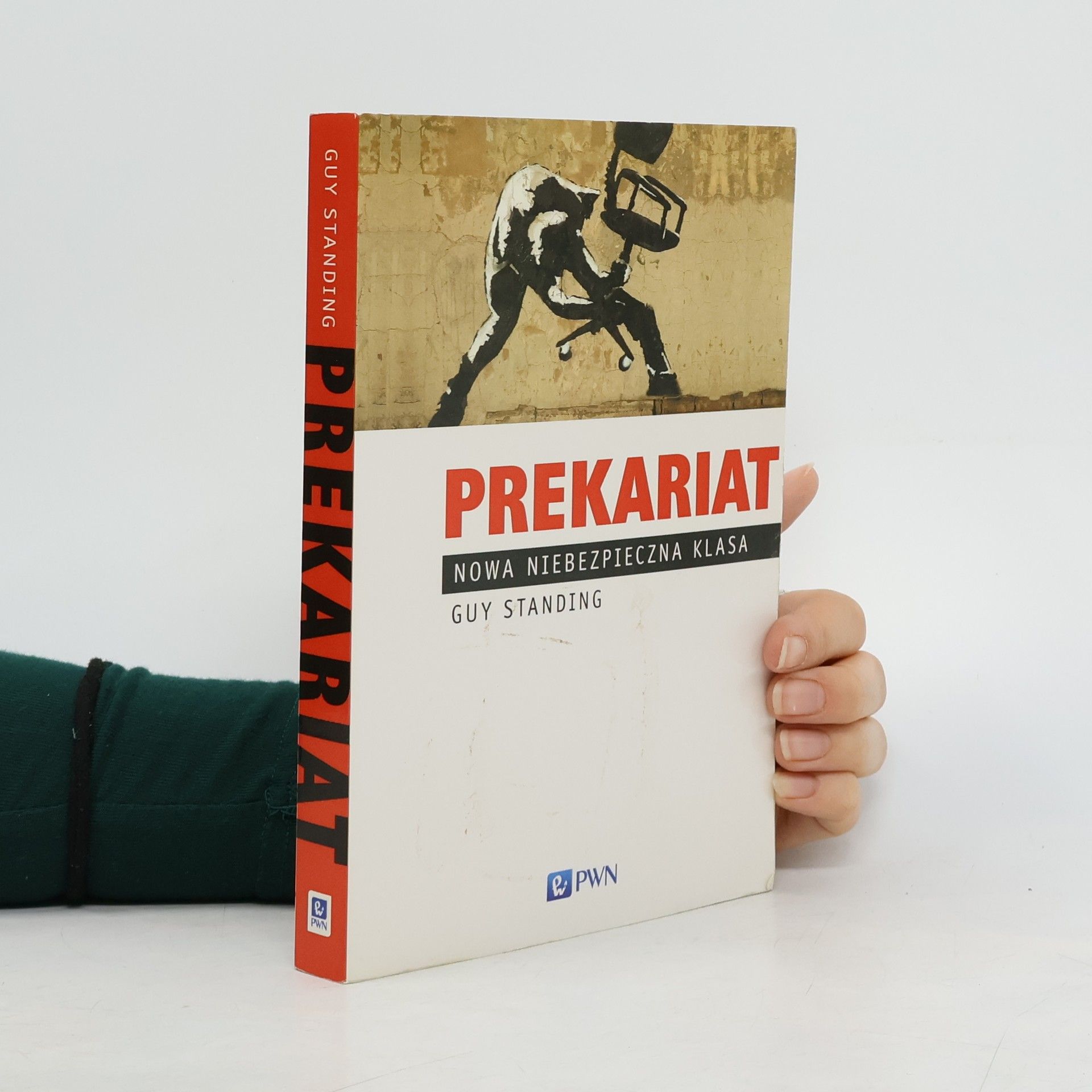The Politics of Time
- 432 pages
- 16 hours of reading
Time has always been political. Throughout history, how we use our time has been defined and controlled by the powerful, and today is no exception. But we can reclaim control, and in this book, the pioneering economist Guy Standing shows us how. The ancient Greeks organised time into five categories- work, labour, recreation, leisure and contemplation. Labour was onerous, while the keys to a good life were self-chosen work and leisure (schole), which included participation in public life and lifelong education. Yet now our jobs are supposed to provide all meaning in life, our time outside labour is considered simply 'time off', and politicians prioritise jobs above all else. Today, we are experiencing the age of chronic uncertainty. Stress and mental illness are on the rise as more and more time is being stolen from us in myriad ways, particularly from the vulnerable and those in the precariat. But there is a way forward. We can create a new politics of time, one that liberates us and helps save the planet, through strengthening real leisure and working on shared endeavours through commoning. We can retake control of our time, but we must do it together.



